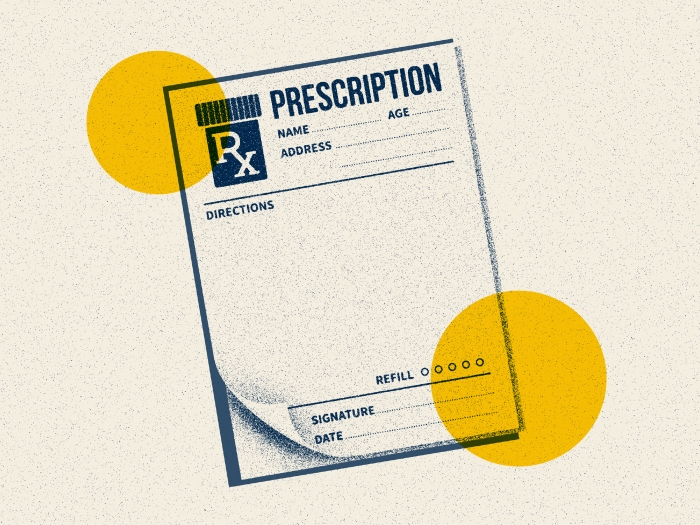Your heart works hard to keep you healthy 24/7. But when is the last time you gave it a second thought?
7:00 AM
Author |

A heart's work is thankless.

Your heart has been beating nonstop since the day you were born, but it's sick of being ignored. Its hours are long, and your demands are constant. Yet you never think about it. A heart's work is thankless.
It's groggy, tired and sluggish.

When you're stressed, palms sweaty, reaching for a fourth cup of coffee — or a third glass of wine — your heart races. When you sit at your desk all day, your heart slows. It's groggy, tired and sluggish.
A heart has no time for self-care.

When you sneak a cigarette or eat too much of what it doesn't like — greasy takeout, TV dinners, sugary snacks — your heart feels the slog. But it has to keep pumping. A heart has no time for self-care.
Your heart stays wide awake.

When you're on the couch bingeing one more episode, or lying in bed scrolling through your phone, your heart stays wide awake. It's fighting to keep up when what it really wants is rest.
It carries your burdens.

And what about that time you were sad? Did you ask your heart what it needed to heal? No, you pushed it away and made it carry the burden alone.
When your heart is ignored for too long, it might start to beg and plead for your attention. It might not work like it used to. Or, without warning, it might break.
But there's another way.

But a broken heart won't do. So you remember to remember your heart. When you think about it every day, you'll do the things that make your heart happy.
You give your heart fresh fruits and vegetables. You take it out for walks to keep it happy.
You can give your heart what it needs.

You take deep breaths, and you learn to lighten up and laugh more. You remember to put your phone down and talk to your loved ones. When you're tired, you go to sleep. Your heart likes rest.
You can remember your heart.

You remember your heart. After all, a little extra consideration goes a long way toward keeping your heart happy — a little bit of healthy food, exercise, sleep and stress relief, and your heart will keep working hard for you.
For February's Heart Health Month, Michigan Medicine encourages everyone to remember their heart at least once a day — and to share the sentiment on social media with the hashtag #RememberTheHeart.

Explore a variety of health care news & stories by visiting the Health Lab home page for more articles.

Department of Communication at Michigan Medicine
Want top health & research news weekly? Sign up for Health Lab’s newsletters today!





